You may have heard of a plant-based routine, but what does that mean? Plant-based eating focuses on eating more foods from plants and whole foods, like fruits, veggies, nuts, whole grains, and beans. By getting more of these foods into your diet, you may be naturally promoting heart health, lowering your cholesterol, supporting your weight loss goals, and reducing the risks of certain cancers.1
Some diets are mostly, if not all plant-based. The Mediterranean diet includes an abundance of food from plants, encourages fish, moderate poultry, and very little meat. Vegetarian and vegan diets are mostly plant-based. Mediterranean and vegetarian may include dairy and eggs, but vegan does not.
Remember: before making any changes to your diet, it can be helpful to talk with your health care provider.
Eating strictly plants might feel too intense to try all at once. Instead, consider starting slowly by adding more plants to your routine while also enjoying meat, dairy, and other foods. Here are some ideas to try without completely changing your diet overnight:
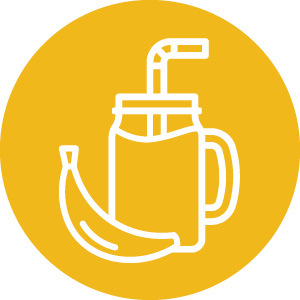
Swap a midday snack for something like an apple with nut butter, raw carrots, or a serving of hummus and whole-grain crackers. A nutritious and delicious smoothie can be a sweet option.
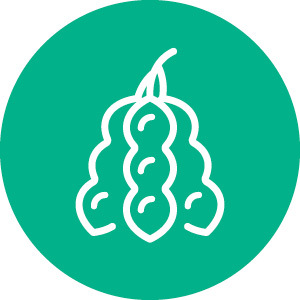
Swap out red meat, fish, or poultry for high-protein foods like beans, edamame, lentils, or tofu. A hearty, protein-packed lentil soup is a perfect substitute.
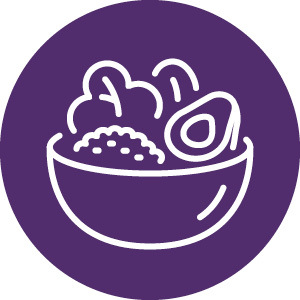
Pick a vegetarian, vegan, or Mediterranean recipe for dinner once or twice a week. Try a flavor-rich plant power bowl as a main course or lunch for a week.

Don’t throw money away. Instead, consider when and how food can spoil. For example, if fresh broccoli goes bad before you can eat it all, you might want to consider frozen broccoli.
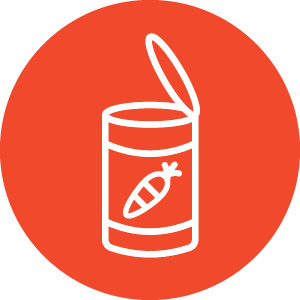
Depending on what you’re making, frozen and canned options can offer the same amount of nutrients. Check added sugar and salt (sodium) levels, and be sure to rinse canned foods in water before eating them.
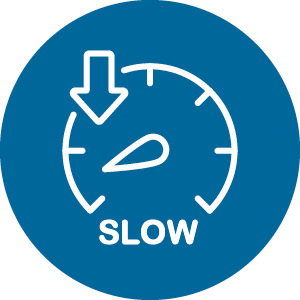
Make one or two swaps a week and see how you feel. From there, you can try adding more plant-based swaps.

You might notice changes to your body and how you feel when you add in more plant-based foods. Make sure these dietary changes are working for you. Ask yourself: How do I feel with these changes? Does eating more plant-based foods support my goals? Am I enjoying the foods I’m eating?
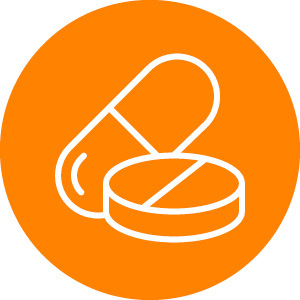
Changes in the way you eat can impact how your medications work, or the need for supplements, vitamins, or minerals. You can talk with a MOBE Pharmacist to discuss how plant-focused eating might affect your medications.
If you’re ready to try plant-based eating, a MOBE Guide or Pharmacist can offer many strategies to help you. And you can do this while enjoying other foods you love. Get started today.
References:
1.“Nutritional Update for Physicians: Plant-Based Diets,” National Library of Medicine, National Center for Biotechnology Information, National Institutes of Health, 2013, accessed July 13, 2023, https://www.ncbi.nlm.nih.gov/pmc/articles/PMC3662288/
2. Katherine D. McManus, “What is a Plant-Based Diet and Why you Should Try it,” Harvard Health Publishing, Harvard Medical School, November 16, 2021, accessed July 13, 2023, https://www.health.harvard.edu/blog/what-is-a-plant-based-diet-and-why-should-you-try-it-2018092614760.